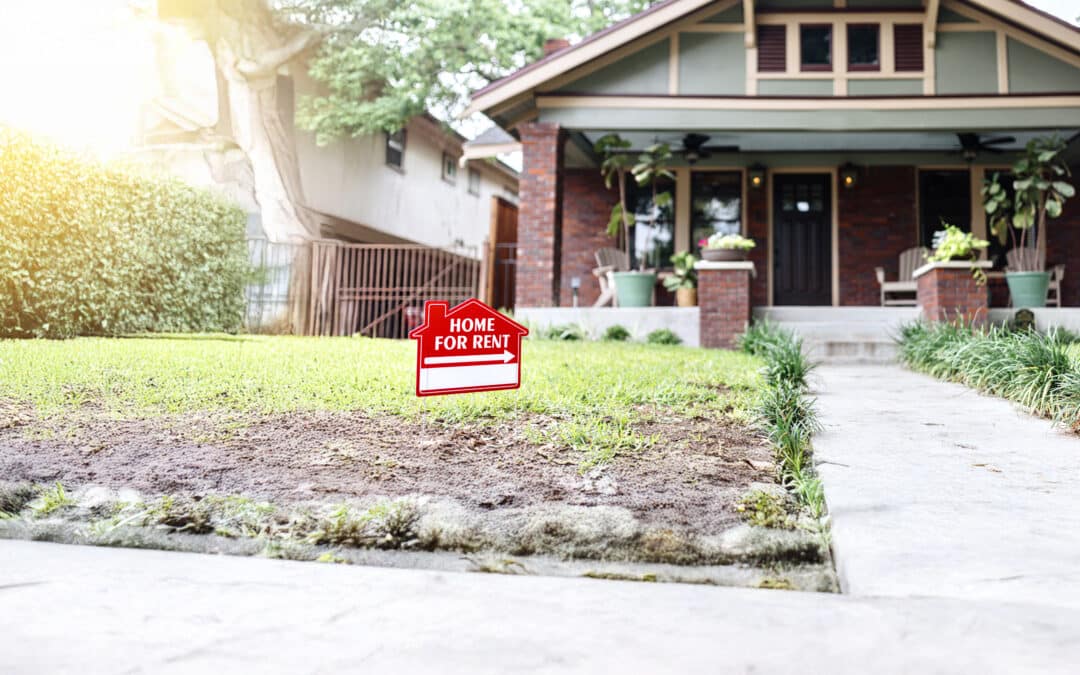Real estate investors have always had a love-hate relationship with Zillow, which has firmly ensconced itself as a force in the housing data industry thanks to millions of listings with hundreds of details about each property in the system. In what is perhaps its greatest strength, Zillow excels at posting data on the sale from previous ownership and dates. This is information hard to find and easy to bring to a buyer’s or seller’s computer or mobile screen in a matter of seconds thanks to the housing data giant. Sometimes, however, that ease of access creates problems in perception for both real estate investors and homeowners that can make simple deals far more complicated than anyone initially expected.
It’s All About Perception
We are conditioned from early in life to understand that how we are perceived is how we are judged. From college applications to job interviews we work hard to be perceived as a serious candidate for the job. Companies exist just to clean and improve our reputation on social media. Social media requires us to be always on and always aware of our client’s perception of our knowledge and the integrity of our business. We have been sensitized to be aware of all reviews both positive and negative. We pound the social media treadmill to maintain an updated professional headshot, update a current accomplishment, list the last charity endeavor, and include new areas where we have become a thought leader. In our current culture of online instant access with the ability for clients to review and replay escapades like the recent United incident, it leaves us little margin of error on being on our best behavior.
For many homeowners and real estate investors, Zillow’s “zestimates,” which are based on current values with algorithms and include pages of questions and information as disclaimer to attempt to educate the casual user John Q Public about the margin of error, are gospel. In reality, however, that “margin of error” could mean as much as a 10-percent margin, or $30,000 on your $300,000 home. While most real estate professionals fully understand this, unfortunately the battle begins with the client’s perception rather than the investor’s. Public perception is that Zillow is the tool for the public that allows them to see the data only real estate professionals had with the MLS. When asked to review this lawsuit on “Good Morning America,” Barbara Corcoran said, “Every consumer out there knows about a Zestimate, they always check it, so the consumer is using it as though it’s an appraisal.”
This disconnect can create a serious problem for real estate investors and sellers, creating a “good guy vs. bad guy” situation that is unnecessary. First-time sellers may actually perceive the real estate professional as the “bad guy,” robbing them of the equity that they believe they found on Zillow. When a real estate professional, whether buying at or below market value, appears to be “stealing” that equity, the deal can sour fast.
Is “In the Range” Good Enough?
Whether you are a real estate investor, appraiser or real estate agent you probably know and have been trained to understand that Zillow has a very broad range of Zestimates. Zillow has estimates for over 100 million homes and reference to algorithms and disclaimers published.
Last month, in Glenview just outside of Chicago, Illinois, a lawsuit was filed by an attorney to omit and remove the Zestimate price listed for her home. She stated in her lawsuit that Zillow’s improper business practice of publishing “zestimates” as deterring potential buyers and stated in her complaint that Zillow’s negligence and improper use of the zestimate is interfering with the market value and sale of her home. The plaintiff has made several attempts to sell her home, “however, a tremendous roadblock to the same has been the fact that Zillow posts a “zestimate’ of persons’ homes without their permission, consent and/or any license to do so. A zestimate is effectively a sloppy computer-drive appraisal of the home,” according to the complaint filed Thursday in Cook County Circuit Court. The homeowner is seeking an injunction, stating she has called and written to Zillow to have this resolved.
Zillow spokesperson Emily Heffter said in response to a request for comment, “The zestimate is a starting point for determining the value of a home and not an official appraisal. The zestimate uses a public records data and a sophisticated algorithm to determine an estimated market value for more than 100 million homes around the country. It’s a helpful data point, but we always recommend homeowners work with a local real estate agent or an appraiser to determine the best price for their home.”
The zestimate’s accuracy depends on location and availability of data in an area. Some counties have deeply detailed information on homes such as number of bedrooms, bathrooms and square footage and others do not. The more data available, the more accurate the zestimate. This particular court casemay be interesting to watch if the plaintiff truly pursues a courses of action to remedy the source problem of clearing up the common perceptions that have gripped the average consumer as opposed to settling on a quick settlement on the sale price of her home. Such a remedy could affect real estate professionals nationwide.
Update: May 25, 2017
On Monday May 22, 2017 a new alert posted that a complaint was filed in Cook County Circuit Court from Castle Builders, a builder located in the Northwest suburbs of Chicago against Zillow. The complaint said a class action lawsuit is likely to consist millions of homeowners.
Zillow stands by the claim being “without merit”.
The lawsuit seeks to stop Zillow from posting estimates and raises the question whether Zillow’s publishing “violates the tort of invasion of seclusion.”
So, the question becomes, “As real estate investors, are we better off without Zillow?” Many consumers not directly involved in real estate would argue having a “Zestimate” is better than going back to the days of no easy way to find the value or estimated value of their home.
We will continue to watch the “Zaga” unfold…
—
Linda Liberatore is the founder and president of My Landlord Helper—Secure Pay One, a unique virtual assistant solution for DIY real estate investors. You can read more of Linda’s work on this and other topics at www.mylandlordhelper.com.
























0 Comments